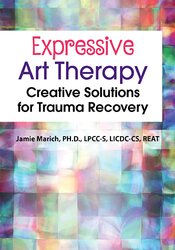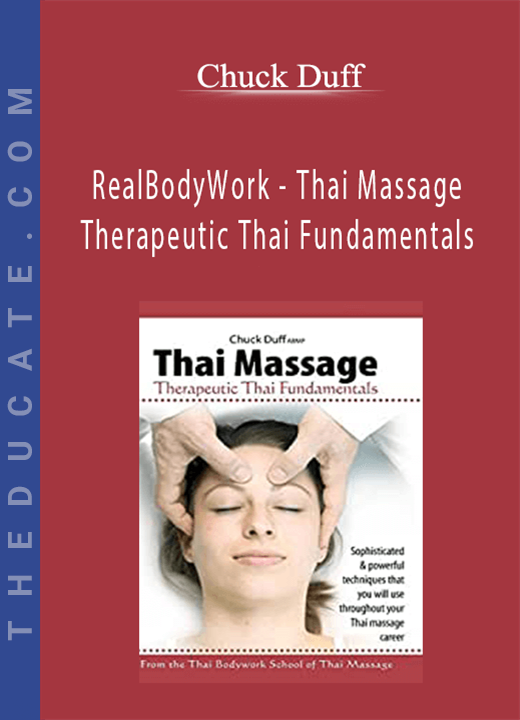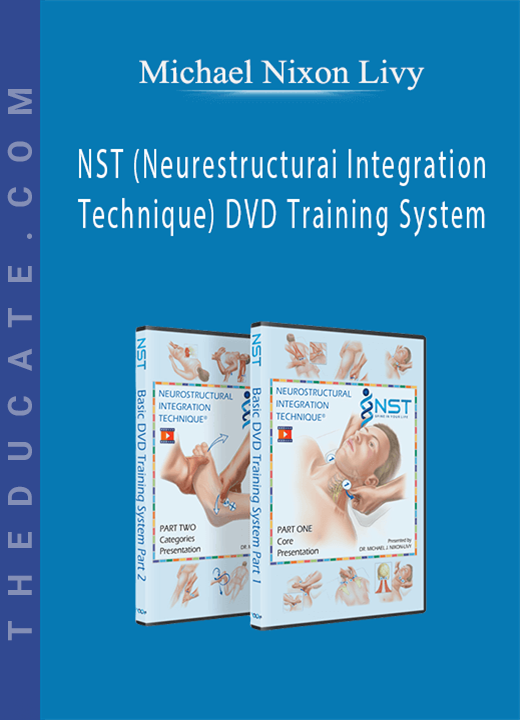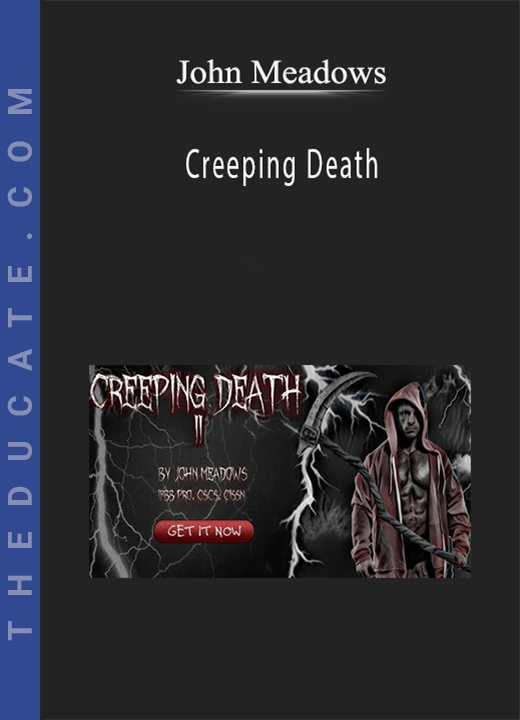Description
-
Jamie Marich – Expressive Art Therapy: Creative Solutions for Trauma Recovery
- Faculty:
- Jamie Marich
- Duration:
- Approx. 6 Hours
- Copyright:
- Feb 17, 2021
Description
Sometimes talk therapy just isn’t enough, especially for trauma clients. Have you tried working with clients in a new or different way outside of talking?
You don’t want to miss this workshop…learn to work with your clients in a more total and holistic manner that does not rely on words alone and include creative solutions to finally see treatment progress!
In this course, you will be oriented to the fundamentals of the expressive arts therapy and will immediately be able to start implementing new, creative skills into your practice.
You will learn how to facilitate an expressive arts process to teach clients concepts of grounding, mindfulness, and distress tolerance—all vital skills in trauma-focused therapy. The role of creativity and the practice of making art will be covered as mechanisms of action in processing traumatic experiences and promoting post-traumatic growth.
Leave the day with new skills to foster client creativity for traumatic healing and learn how to incorporate these creative skills with other fundamental therapy modalities you already use. Finally -a course that is unique in that it gives you an overview without having to commit yet to an entire expressive arts therapy program.
Purchase today to add another great skill to your trauma treatment toolbox!
Bonus!
This course can be applied to the educational requirements for the Certificate of Expressive Arts Therapy offered by The Institute for Creative Mindfulness. For more information, go to: http://www.instituteforcreativemindfulness.com
Outline
Expressive Arts Therapy Foundations
- What makes expressive arts therapy its own unique discipline
- Historical origins & influences from other therapeutic approaches
- Indigenous traditions
- Historical threads in Jungian analysis
- Person-centered psychotherapy
- Gestalt psychotherapy
- Leveraging the experiential nature of expressive arts therapy in trauma
- General principles for practices & processes
- Grounding practices
- How to offer feedback in expressive arts therapy
- Experiential process 1: Three practices for grounding within stabilization phase trauma work (sensory awareness, structured and creative movement
Expressive Arts to Teach and Practice Mindfulness Skills
- Trauma-informed fundamentals of mindfulness and expressive arts instruction
- Expressive arts practices for trauma work:
- Mindful drawing
- Breath practices with creative movement
- Mindful listening
- Offer feedback in expressive arts therapy to advance treatment goals
- Experiential process 2: Three practices for grounding within stabilization and transitionary phase trauma work
Expressive Arts to Cultivate Distress Tolerance
- Define distress tolerance and its relevance to trauma-focused care
- Expressive arts variations on the container visualization practice using:
- Movement
- Art
- Creative writing
- Music and working with playlists
- How to use expressive arts skills for in between session affect management
- Experiential process 3: Three practices for grounding within transitionary, processing, and reintegration phase trauma work
Expressive Arts Skills to Set Clients Up for Success
- The expressive arts in trauma reintegration
- Skills to help your clients succeed outside of session
- Additional training and options in expressive arts therapy
Faculty

Jamie Marich, PhD, LPCC-S, LICDC-CS, REAT Related seminars and products: 5
Author
Dancing Mindfulness: A Creative Path to Healing and Transformation
Jamie Marich, PhD, LPCC-S, LICDC-CS, REAT, describes herself as a facilitator of transformative experiences. A clinical trauma specialist, expressive artist, writer, yogini, performer, short filmmaker, Reiki master, TEDx speaker, and recovery advocate, she unites all of these elements in her mission to inspire healing in others. She began her career as a humanitarian aid worker in Bosnia-Hercegovina from 2000-2003, primarily teaching English and music. Jamie travels internationally teaching on topics related to trauma, EMDR therapy, expressive arts, mindfulness, and yoga, while maintaining a private practice in her home base of Warren, OH. Marich is the founder of the Institute for Creative Mindfulness and the developer of the Dancing Mindfulness practice to expressive arts therapy. She is also the co-creator of the Yoga Unchained approach to trauma-informed yoga, and the developer of Yoga for Clinicians.
Marich is the author of EMDR Made Simple: 4 Approaches for Using EMDR with Every Client (2011), Trauma and the Twelve Steps: A Complete Guide for Recovery Enhancement (2012), Creative Mindfulness (2013), Trauma Made Simple: Competencies in Assessment, Treatment, and Working with Survivors, and Dancing Mindfulness: A Creative Path to Healing and Transformation (2015). Marich co-authored EMDR Therapy & Mindfulness for Trauma-Focused Care along with colleague Dr. Stephen Dansiger, which was released with Springer Publishing in 2017. Process Not Perfection: Expressive Arts Solutions for Trauma Recovery, released in April 2019. North Atlantic Books published a revised and expanded edition of Trauma and the 12 Steps, in the Summer of 2020. The New York Times featured Marich’s writing and work on Dancing Mindfulness in 2017. NALGAP: The Association of Gay, Lesbian, Bisexual, Transgender Addiction Professionals and Their Allies awarded Jamie with their esteemed President’s Award in 2015 for her work as an LGBT advocate. The EMDR International Association (EMDRIA) granted Jamie the 2019 Advocacy in EMDR Award for her using her public platform in media and in the addiction field to advance awareness about EMDR therapy and to reduce stigma around mental health.
Speaker Disclosures:
Financial: Jamie Marich is the Founder/Director of Mindful Ohio and The Institute for Creative Mindfulness. She receives royalties as an author for PESI Publishing and Media. Dr. Marich receives a speaking honorarium from PESI, Inc.
Non-financial: Jamie Marich has no relevant non-financial relationship to disclose.










Reviews
There are no reviews yet.